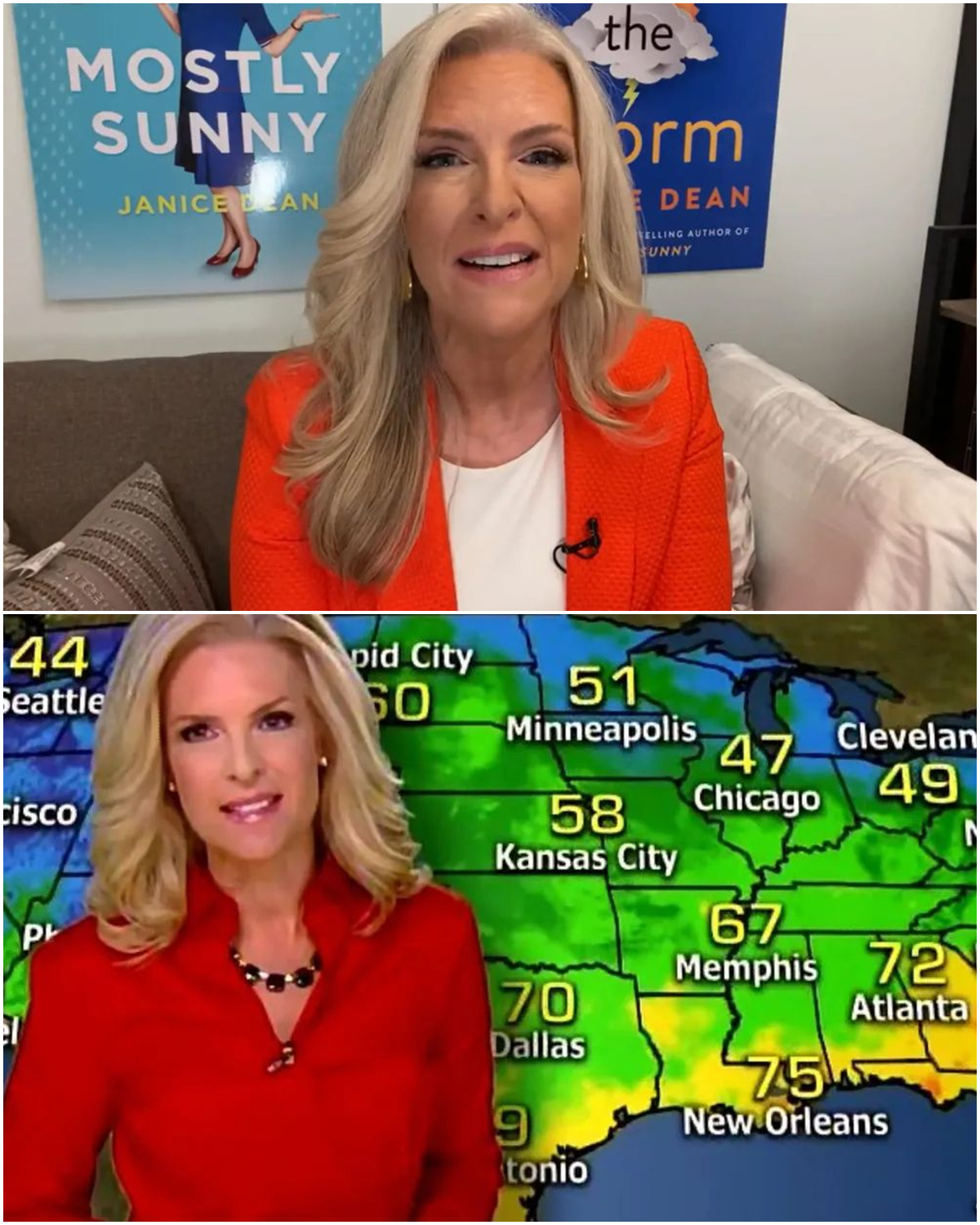
Laura Ingraham’s Dangerous Rhetoric: When Immigration Debate Becomes a Cultural War
Laura Ingraham, once celebrated for her legal acumen and conservative intellectualism, has taken a troubling turn. Her primetime Fox News show, The Ingraham Angle, has become a platform not for reasoned policy debate but for inflammatory rhetoric that flirts with the fringes of white nationalism. In a recent segment on immigration reform, Ingraham didn’t focus on legislative solutions, border security, or economic impacts. Instead, she leaned into a monologue about “cultural displacement”—a phrase that, while draped in patriotic concern, carries a sinister undertone. This isn’t just a misstep; it’s a deliberate choice to prioritize fear over facts, and it’s tearing at the fabric of meaningful discourse.
“It’s Not About Race”—But Is It?
Ingraham’s defense of her stance—“It’s not about race, it’s about culture”—is a familiar refrain. On the surface, it sounds like a reasonable distinction, but it collapses under scrutiny. By framing immigrants as a threat to “American identity,” she taps into a narrative that paints entire communities as outsiders, regardless of their contributions or aspirations. The language is coded but unmistakable: immigrants, legal or not, are portrayed as invaders eroding a homogenous vision of America.
This rhetoric isn’t new, but it’s dangerous. Critics argue it doesn’t just skirt the line between patriotism and xenophobia—it obliterates it. The immigration debate is complex, involving economic trade-offs, security concerns, and humanitarian obligations. Yet Ingraham sidesteps these for emotional appeals that stoke division. Her words don’t invite discussion; they incite panic, reducing a multifaceted issue to a simplistic question of who belongs and who doesn’t.
Fox News and the Outrage Machine
What amplifies the harm is Ingraham’s platform. As a leading voice on Fox News, she reaches millions of viewers who often see her as a trusted authority. But instead of dissecting policy proposals or challenging flawed Democratic initiatives, she recycles fear-driven tropes. Her show isn’t about informing—it’s about inflaming. Fox News has mastered the art of outrage as entertainment, and Ingraham is a key player in this game.
The cost of this approach is profound. It creates a feedback loop where viewers are conditioned to react emotionally rather than think critically. Complex issues like immigration reform are reduced to soundbites designed to validate resentment rather than explore solutions. The result is a polarized audience, primed for anger but starved for understanding. This isn’t journalism; it’s manipulation, and it’s reshaping how Americans engage with one of the most pressing issues of our time.
Manufacturing Enemies
The irony is that immigration reform enjoys a degree of bipartisan consensus. Most agree the system is broken—visa backlogs, labor shortages, and border security need addressing. But nuance doesn’t drive ratings. So instead of tackling these challenges, Ingraham’s narrative pivots to “invaders,” “replacement,” and “cultural loss.” These terms aren’t just inflammatory—they’re dehumanizing.
By casting immigrants as a faceless threat, Ingraham perpetuates a long media tradition of scapegoating for political gain. Immigrants, many of whom embody the very American ideals she claims to champion, are stripped of individuality and reduced to caricatures. This rhetoric doesn’t just divide; it endangers. It fuels hostility toward communities already navigating a fraught path in a country that’s supposed to stand for opportunity.
Political Theater or Genuine Fear?
The question lingers: does Ingraham believe her own rhetoric, or is she simply playing a role? In the era of infotainment, sincerity is optional. Outrage is the product, and fear is the hook. Whether she’s a true believer or a calculated provocateur, the impact is the same. Her segments turn serious issues into simplistic morality plays, where compromise is weakness and empathy is betrayal.
This blurring of political commentary and theatrical performance is corrosive. It transforms policy debates into cultural wars, where the goal isn’t to solve problems but to keep audiences angry and engaged. The damage isn’t abstract—it’s felt in communities targeted by this rhetoric and in a political climate where division is the default.
The Death of Discourse
Ingraham’s monologue isn’t an isolated incident; it’s a symptom of a broader erosion in American media. When fear trumps facts, when immigrants are pawns rather than people, and when generalizations replace personal stories, democracy suffers. The immigration debate deserves better. It demands honesty, courage, and a commitment to complexity.
But as long as ratings dictate rhetoric, voices like Ingraham’s will dominate—not because they enlighten, but because they incite. If we’re to move forward, we need media that informs rather than inflames, that challenges assumptions rather than reinforces them. Until then, the airwaves will remain a battleground, and the casualties will be truth and unity.















